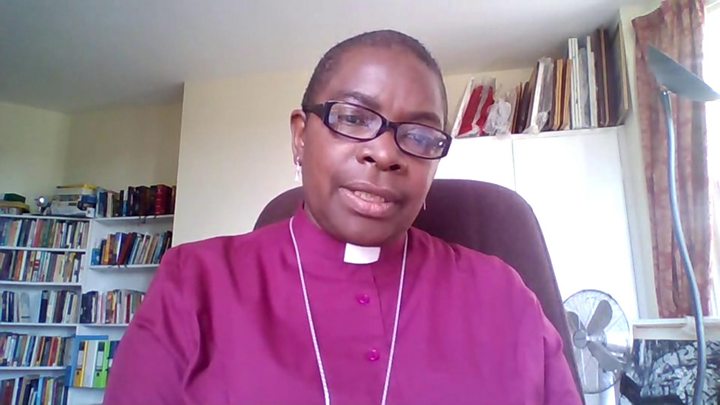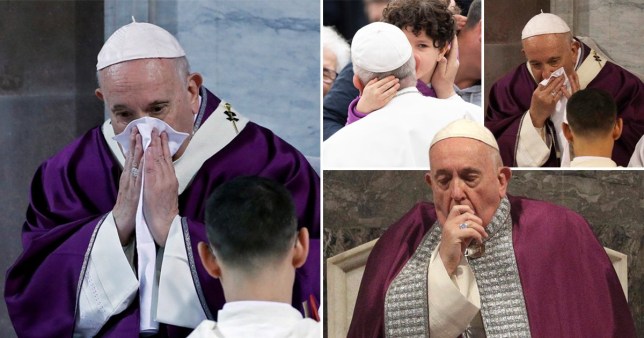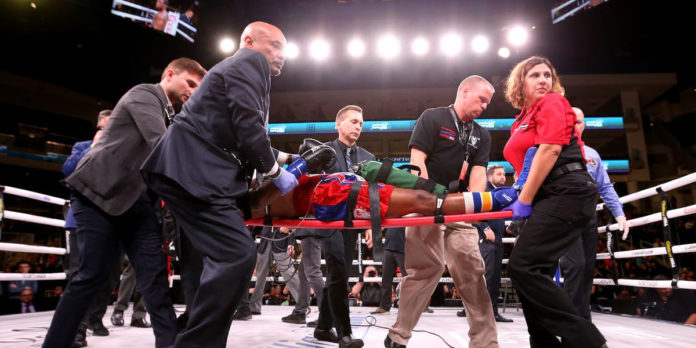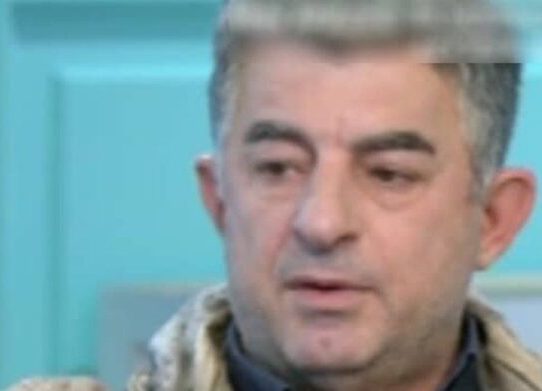George Floyd death: Protesters tear down slave trader statue

A slave trader’s statue in Bristol has been torn down during a second day of anti-racism protests across the UK, following the death of George Floyd.
It comes after largely peaceful demonstrations in central London on Saturday saw some clashes with police.
Metropolitan Police Commissioner Cressida Dick urged protesters to find another way to make their views heard.
But thousands of protesters in London are protesting outside the US Embassy for a second day.
Protesters in Bristol used ropes to pull down the bronze statue of Edward Colston, a prominent 17th Century slave trader.
Colston is believed to have transported about 80,000 men, women and children from Africa to the Americas.
On his death in 1721, he bequeathed his wealth to charities and his legacy can still be seen on Bristol’s streets, memorials and buildings.
After the statue fell to the ground, a protester posed with his knee on the statue’s neck – reminiscent of the video showing Mr Floyd, an African-American who died while being restrained by a Minnesota police officer.
As well as Sunday’s mass protest outside the US Embassy in Nine Elms, near Vauxhall, south London, other protests are also taking place in Manchester, Nottingham and Edinburgh.
Protesters appeared to be ignoring warnings from both the police commissioner and Health Secretary Matt Hancock not to congregate and risk spreading the coronavirus.
‘Proud of young people’
But Labour’s Lisa Nandy backed the demonstrations saying people “cannot be silent in the face of racism”.
The shadow foreign secretary said young people were “right to raise their voices” but urged demonstrators to take precautions and socially distance amid fears that the mass gatherings could prompt another spike in coronavirus cases.
Ms Nandy told the BBC’s Andrew Marr she was “proud” of young people demanding change following mass anti-racism protests across the UK on Saturday.
“I think it’s one of the most important things about living in a free society is that people can go out and protest,” she said.![]()
She added: “I’ve said repeatedly that it must be safe, people should social distance – please take precautions – but I’m very proud of those young people who are coming out and speaking up.
“Now I’m someone who has lived with racism in my life, I’ve seen it with my family, I’ve seen it in our country and I think it requires you to take an active stance against it.
“You cannot be silent in the face of racism and police brutality, and I think those young people are right to raise their voices and to demand change.”
Officers injured
Anti-racist protests on Saturday were largely peaceful, but some clashes broke out between police and people gathered near Downing Street in the evening.
Missiles and fireworks were aimed at police and bikes were also thrown by some demonstrators.
The Metropolitan Police said 14 officers were injured, including a mounted officer who came off a horse as it bolted down Whitehall, with a further 13 hurt during demonstrations earlier in the week.
Met Commissioner Dame Cressida Dick said she was “appalled” by the scenes of unrest on Saturday night, which led to 14 arrests.
Health Secretary Matt Hancock meanwhile has said that, with an estimated one in 1,000 people being infectious with the coronavirus, the protests risked spreading the disease, which would then risk lives.
He added: “There is a reason why we have laws in place, temporarily, to say that gatherings over six people should not happen and that’s because the virus spreads.”
Prof John Edmunds, an member of the government’s scientific advisory group, Sage, said – even with reduced transmission outdoors – the large numbers protesting increased the risk of spread.
“If you have a crowd of a few thousand people you would expect some of those people to be infectious,” he said.
“And we know that the infection can be passed on by people who don’t have symptoms.”
‘We’re dying anyway’
The Bishop of Dover, Rev Rose Hudson-Wilkin, who is the Church of England’s first female black bishop, told BBC Breakfast racism was killing people.
She said the protests were necessary as “sadly the world pays no attention when we do not stand up”
“Most people have responsibly weighed up the risk that they would be taking in order to stand up,” she said.
“There has been a greater pandemic throughout the world that no one has seen or heard or actually stood up for in a real way.
“And so people are thinking ‘We’re dying anyway, so we’re going to stand up now.’
“People are saying ‘Enough is enough,'” she added, calling for a renewed social contract to bring about the changes that were needed.
Mr Floyd’s death during his arrest in Minneapolis, US, last month has sparked protests worldwide, with many chanting “Black Lives Matter”.
In a statement on Sunday, Dame Cressida added: “There is no place for violence in our city. Officers displayed extreme patience and professionalism throughout a long and difficult day, and I thank them for that.
“I would urge protesters to please find another way to make your views heard which does not involve coming out on the streets of London, risking yourself, your families and officers as we continue to face this deadly virus.”
BBC





